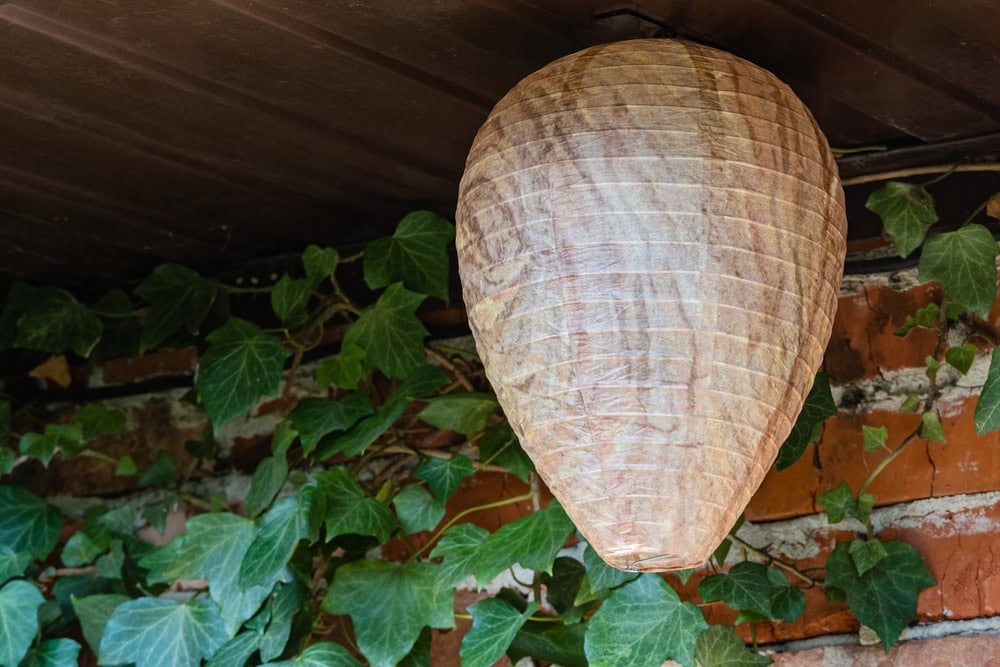Fast, safe wasp nest removal that keeps your family protected and prevents them from coming back.

Hear from Our Customers

You’ll walk outside without scanning for wasps first. Your kids can play in the yard again without you holding your breath every time they run near that corner of the house.
The constant worry stops. No more wondering if today’s the day someone gets stung, or if those wasps are building a bigger nest somewhere you can’t see.
When we finish a wasp removal in Glendora, the nest is completely gone and the area is treated to prevent new colonies from moving in. You get your peace of mind back, along with full use of your outdoor space.
86 Pest and Wildlife Removal has been handling wasp problems across New Jersey for years. Our team knows exactly how yellow jackets behave differently from paper wasps, where they’re likely to build nests around Glendora properties, and what it takes to remove them safely.
Licensed, insured, and experienced with everything from small nests under eaves to large ground colonies that most homeowners never see coming. When wasps become a problem on your property, you need someone who’s dealt with hundreds of these situations before.

First, we locate every nest on your property, including ones you might not know about. Wasps often build secondary nests, and missing even one means they’ll be back.
Next comes safe removal using professional-grade equipment and protective gear. We treat the nest area and remove all traces, so wasps can’t use pheromone trails to rebuild in the same spot.
Finally, we apply preventative treatment to areas where wasps commonly build new nests. You’ll know exactly what we found, what we removed, and what to watch for going forward. Most wasp removal jobs in Glendora are completed the same day you call.

Ready to get started?
Every wasp removal includes a full property inspection, complete nest removal, area treatment, and cleanup. You’re not paying extra for the basics.
We handle all common New Jersey wasp species – yellow jackets, paper wasps, hornets, and mud daubers. Ground nests, wall voids, attic spaces, or hanging nests under decks and eaves.
Emergency calls get same-day response in Glendora. Standard appointments are usually available within 24 hours. All work comes with our guarantee – if wasps return to the same treated area within 30 days, we come back at no charge.
